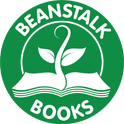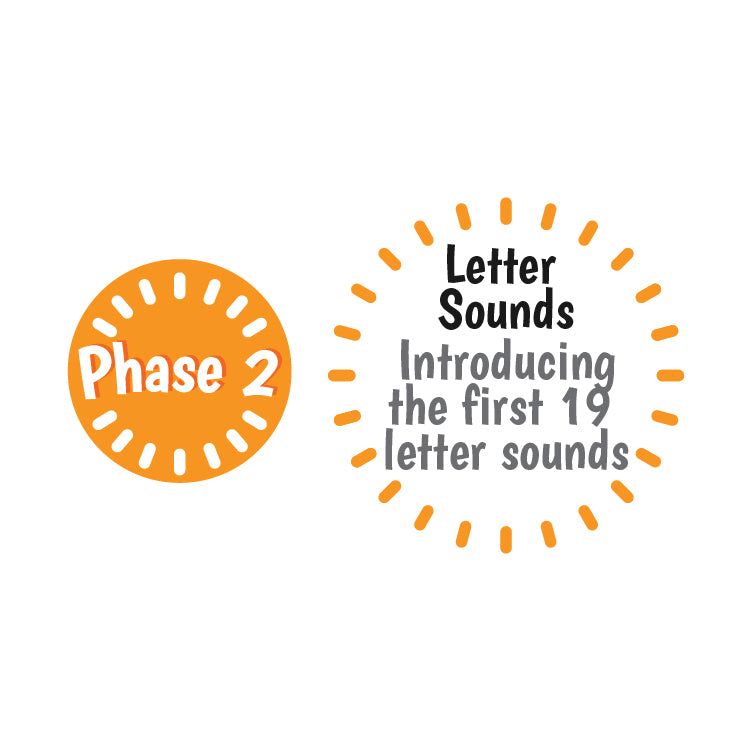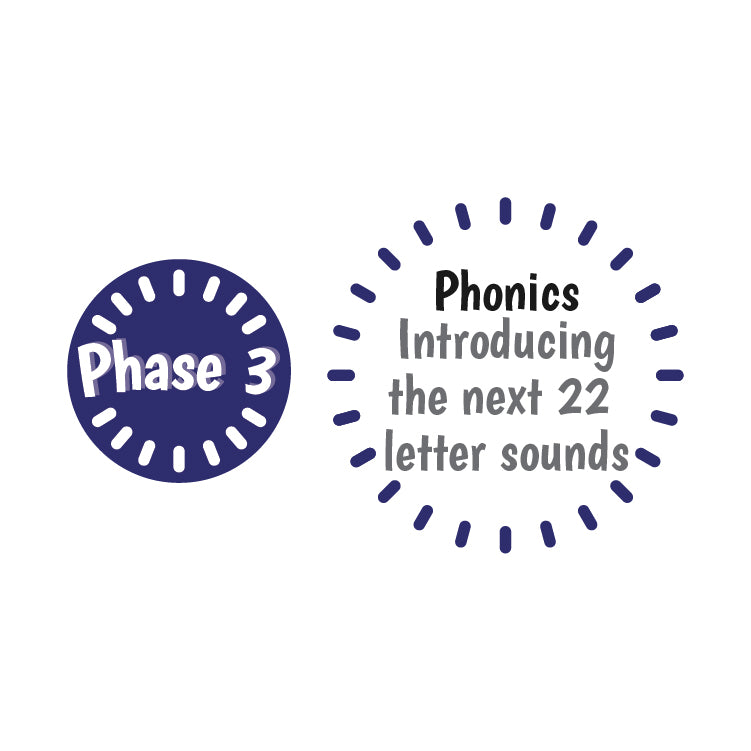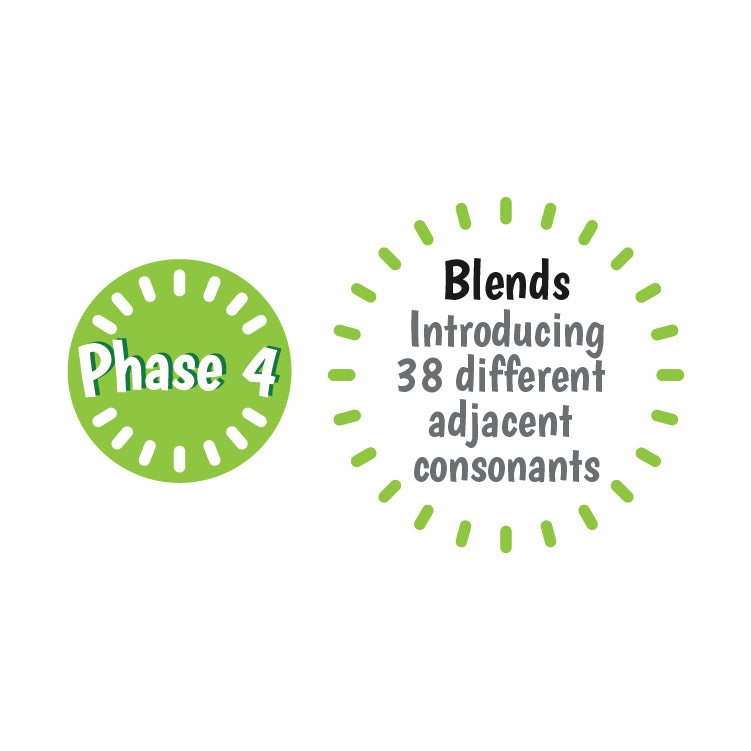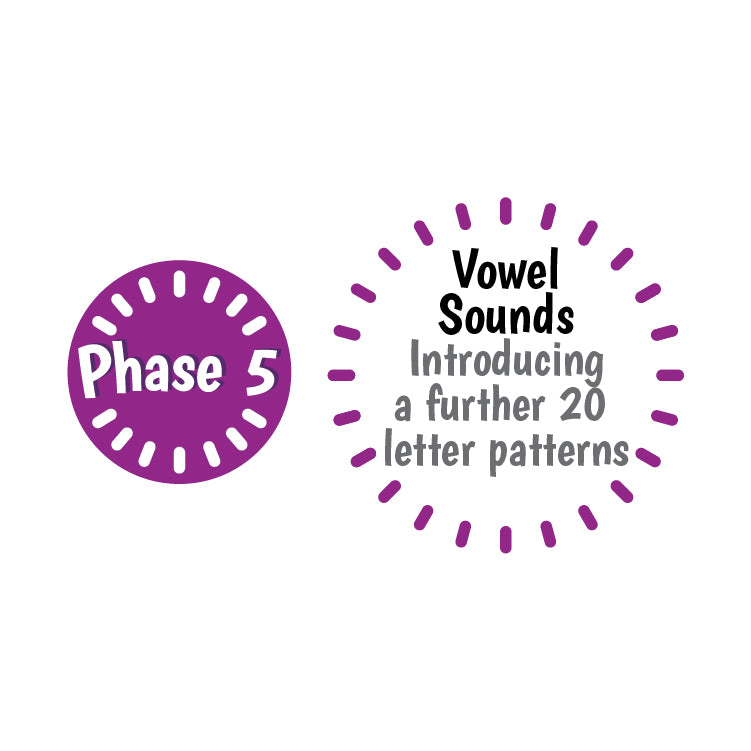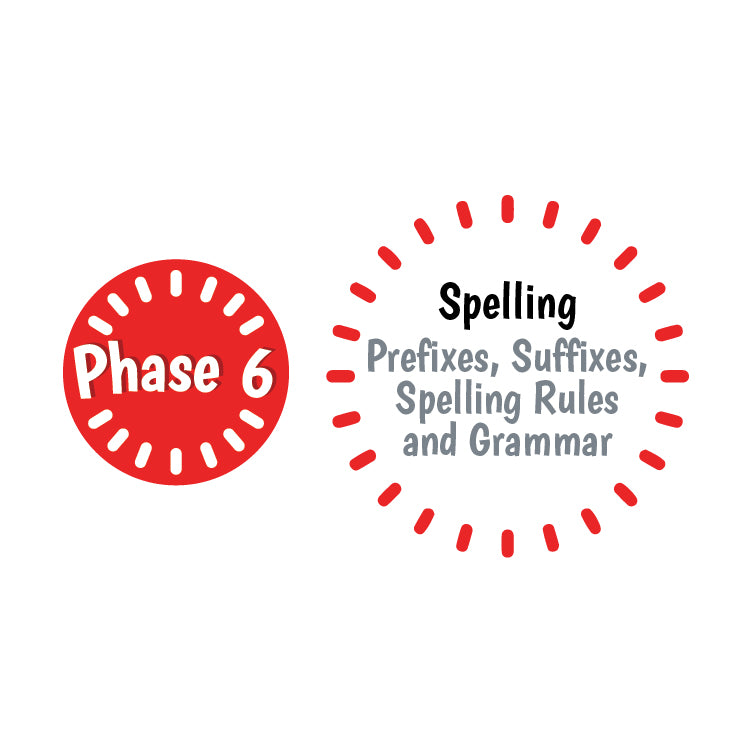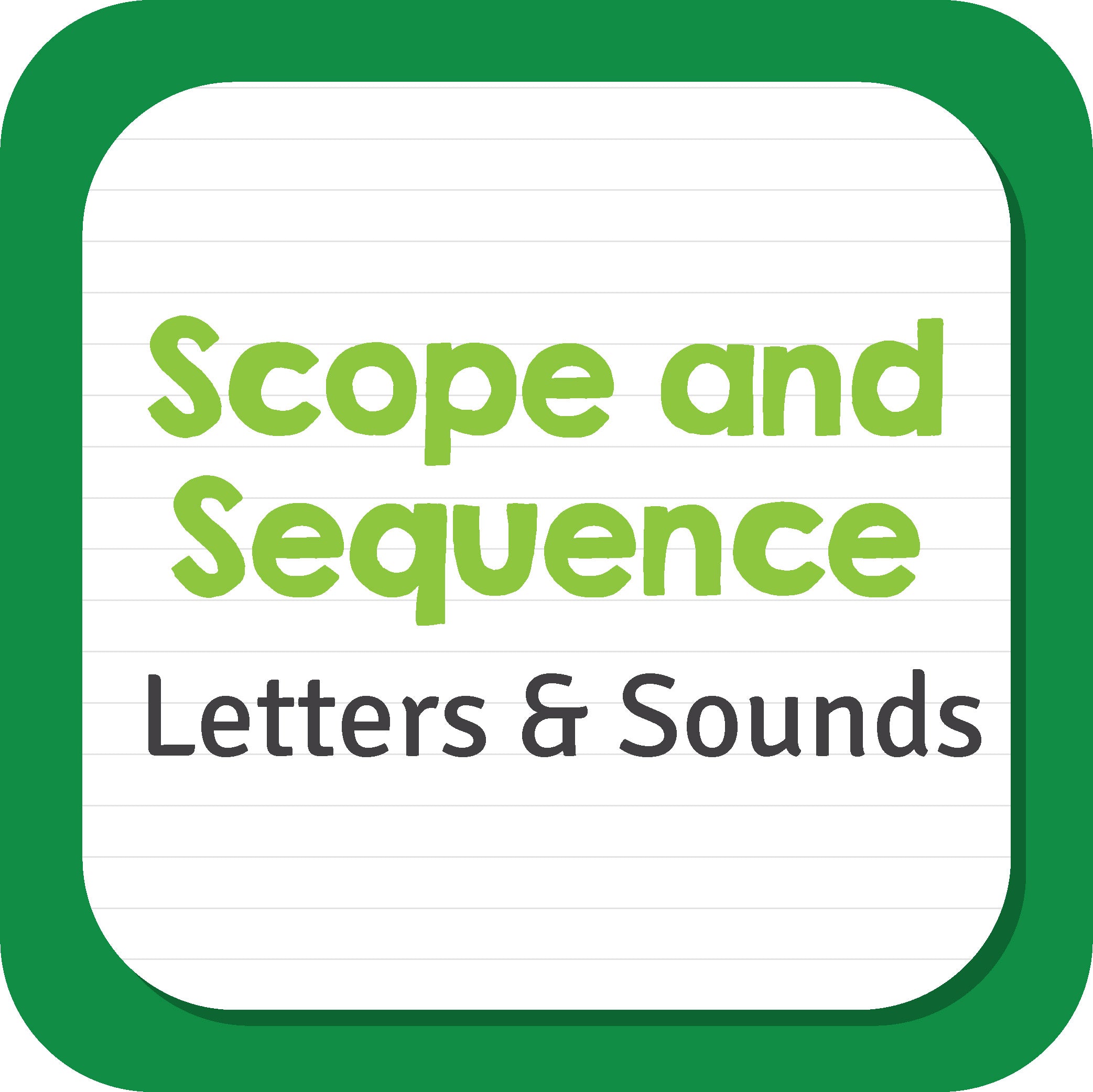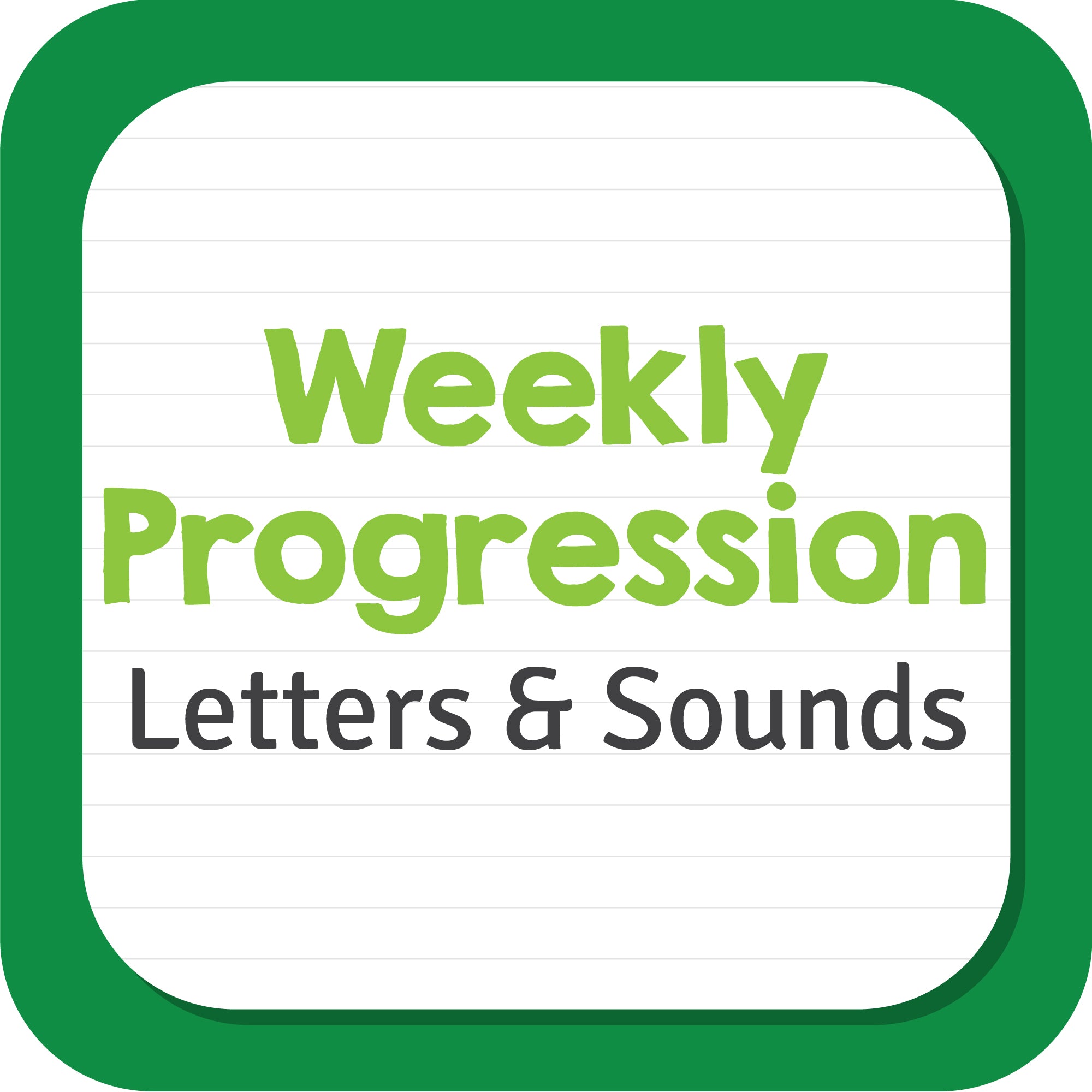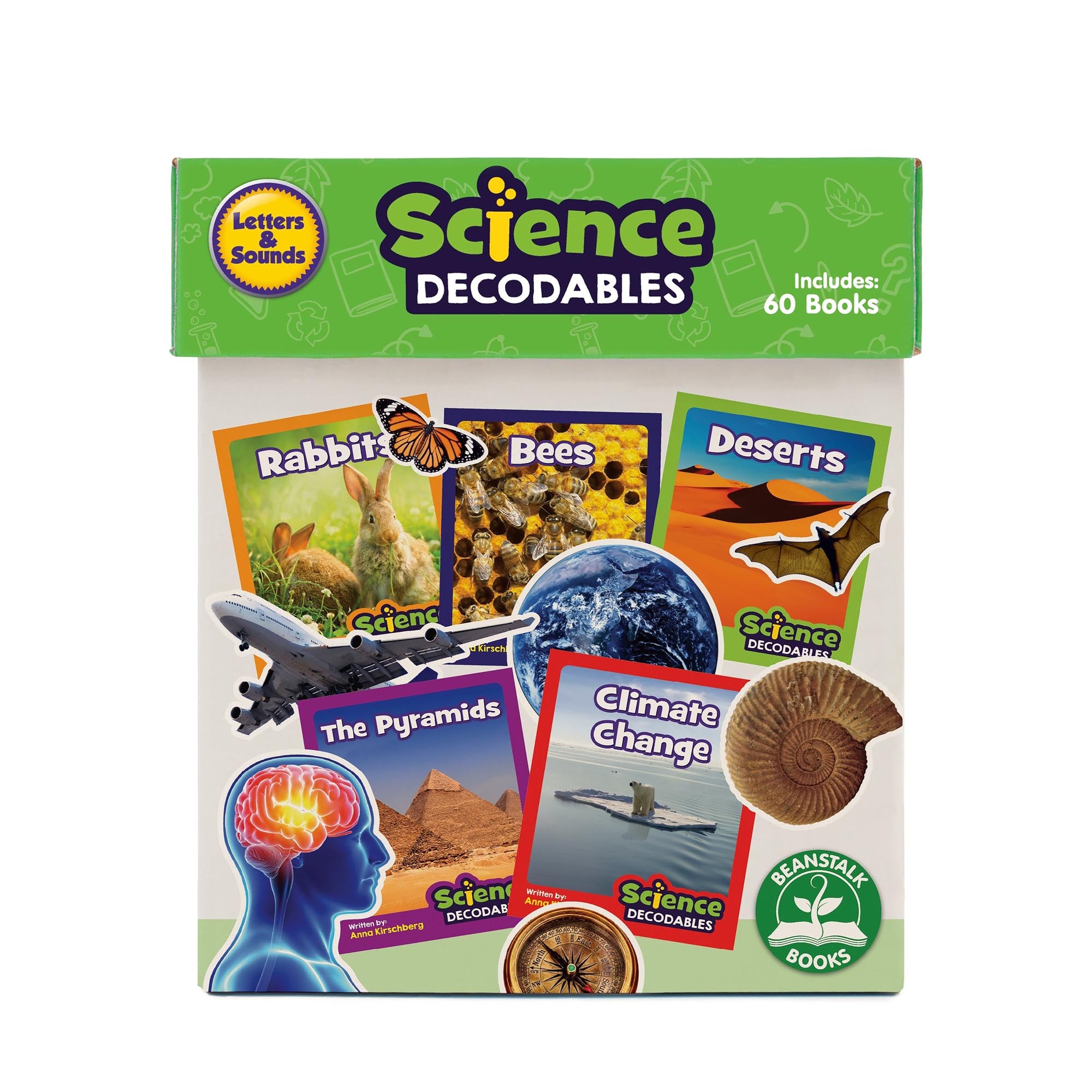
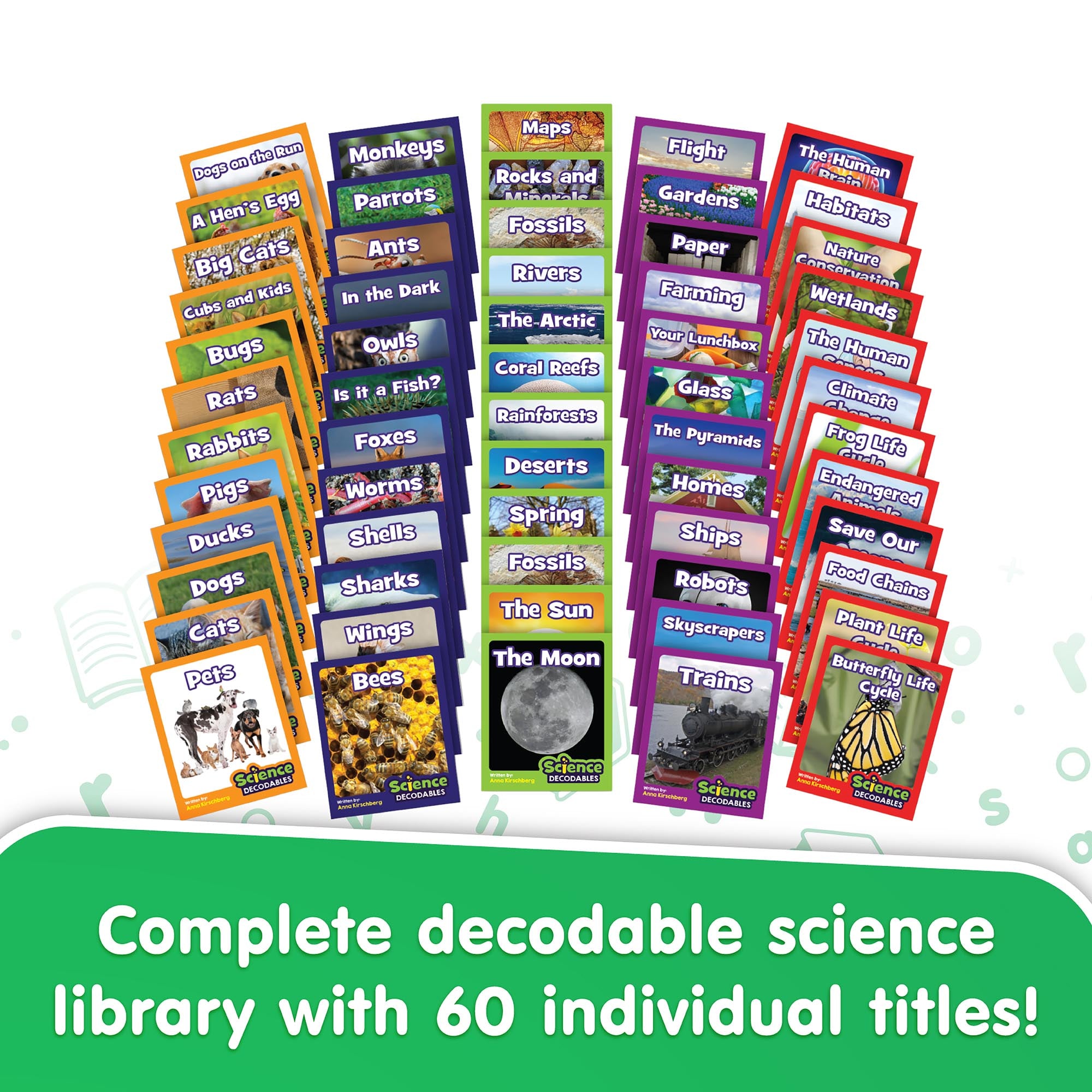
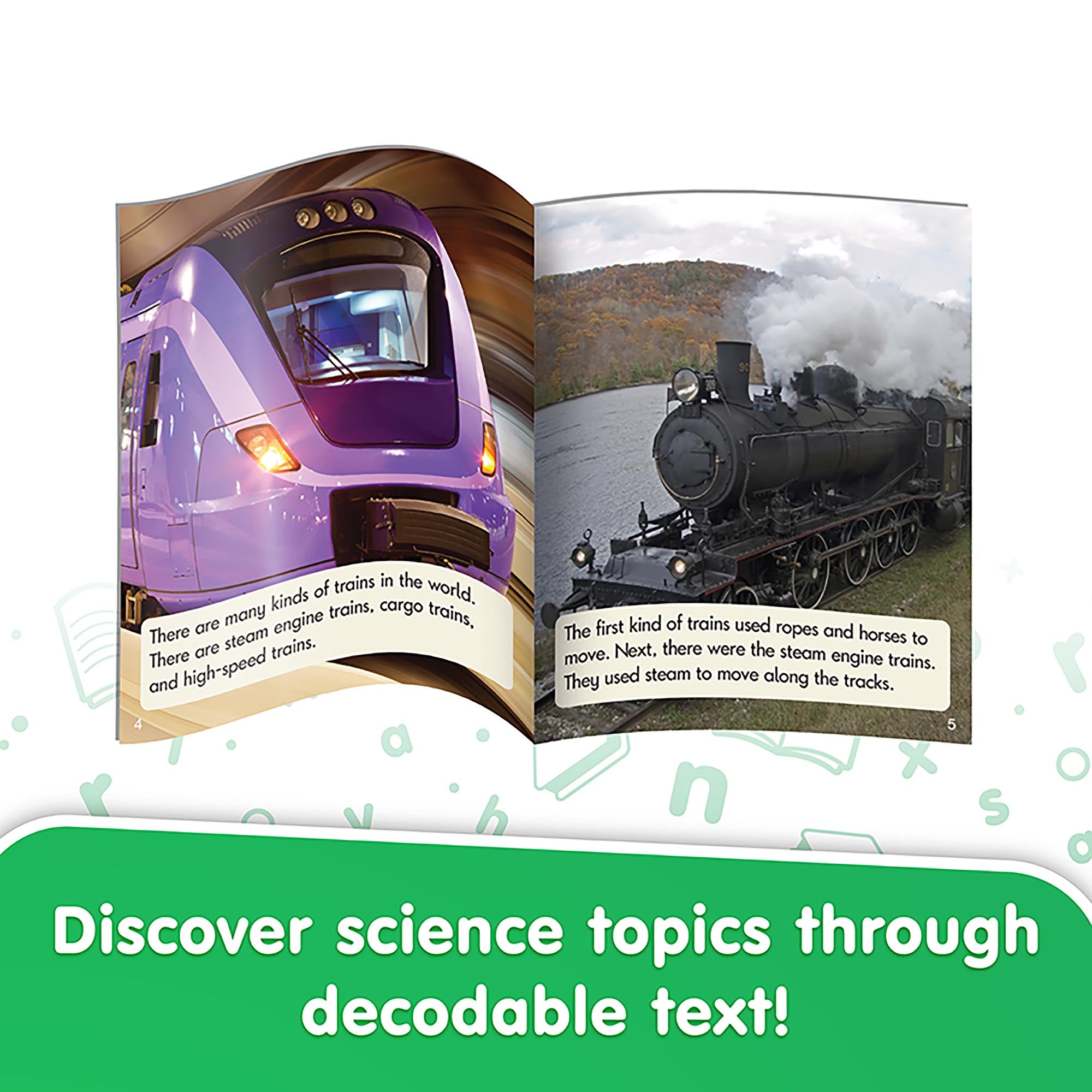
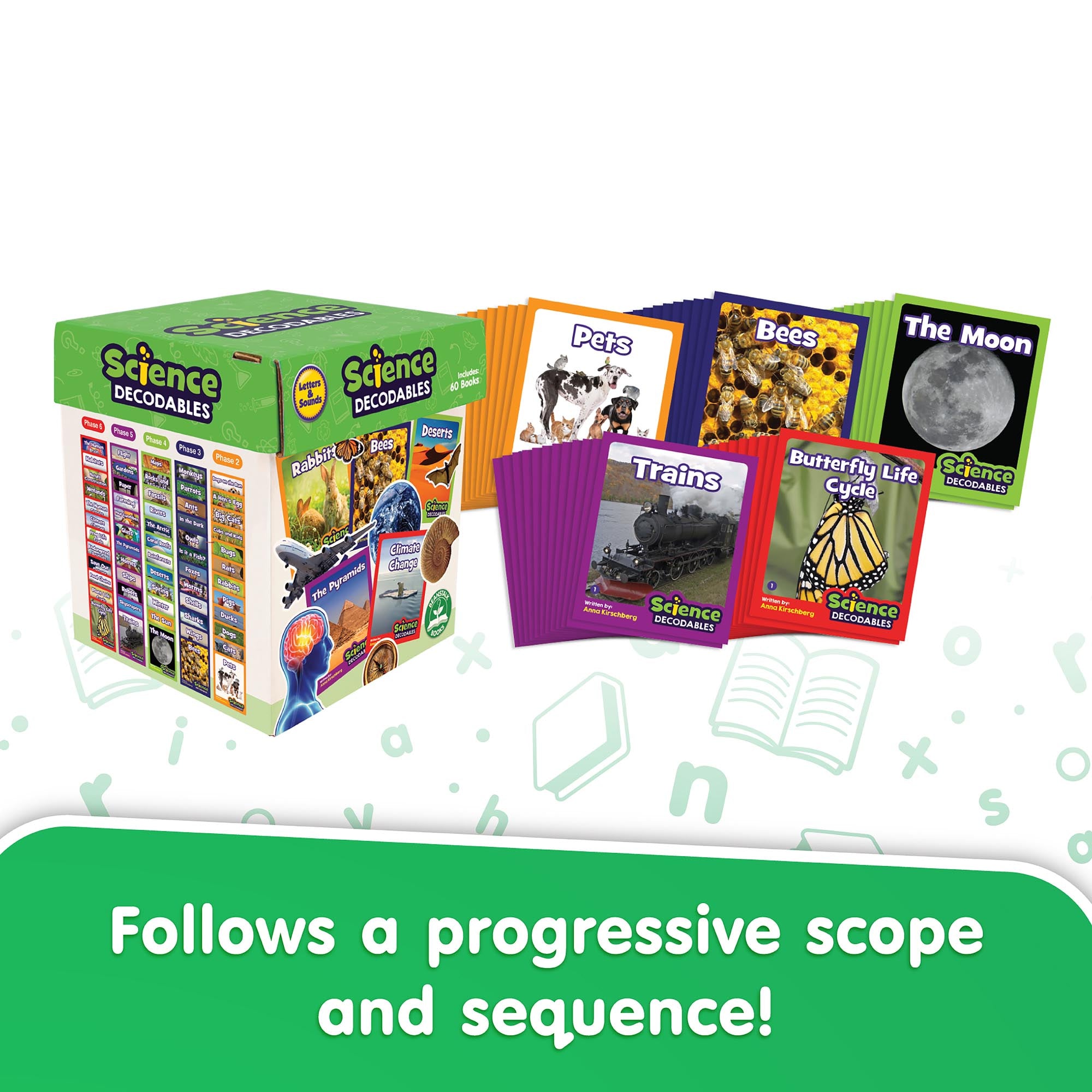
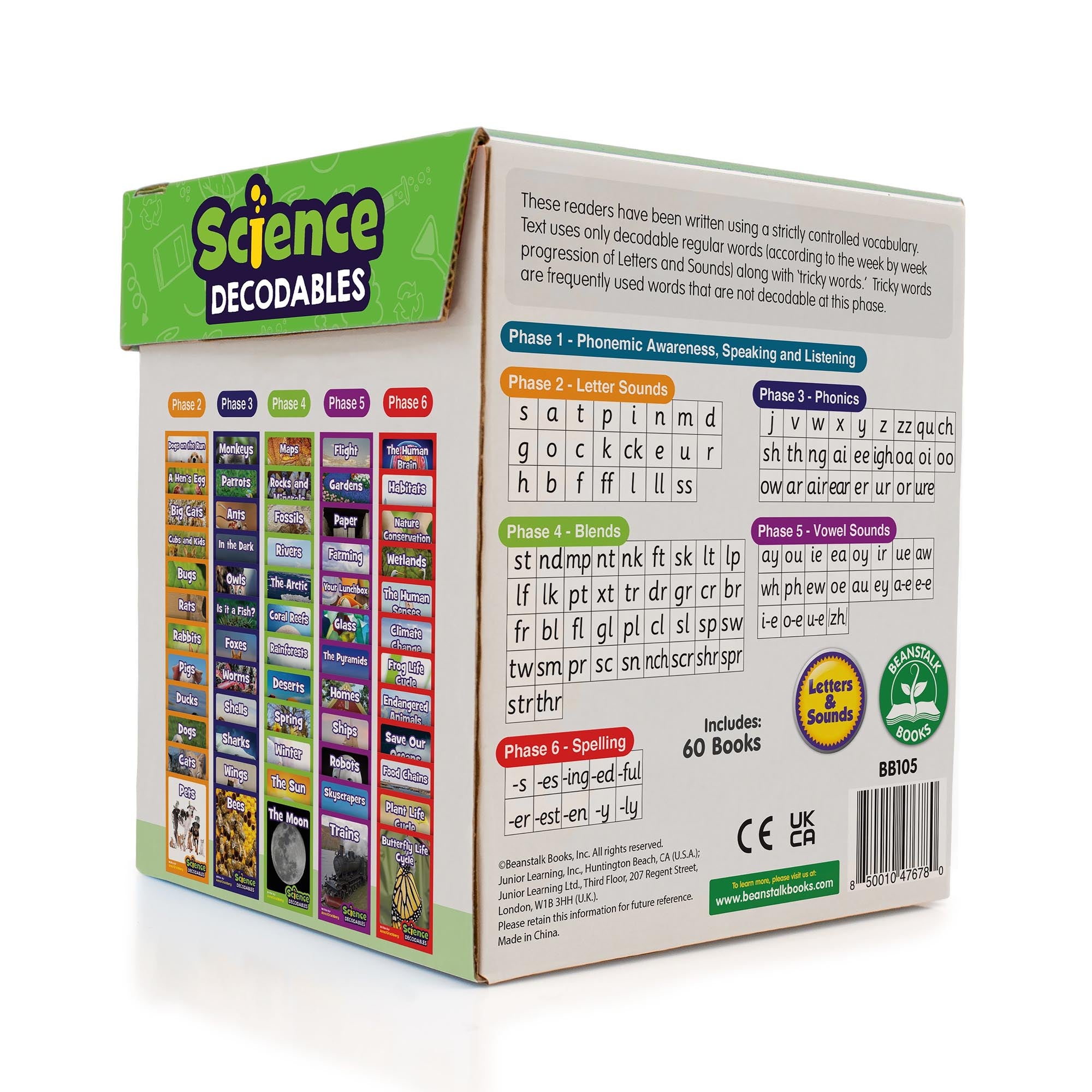
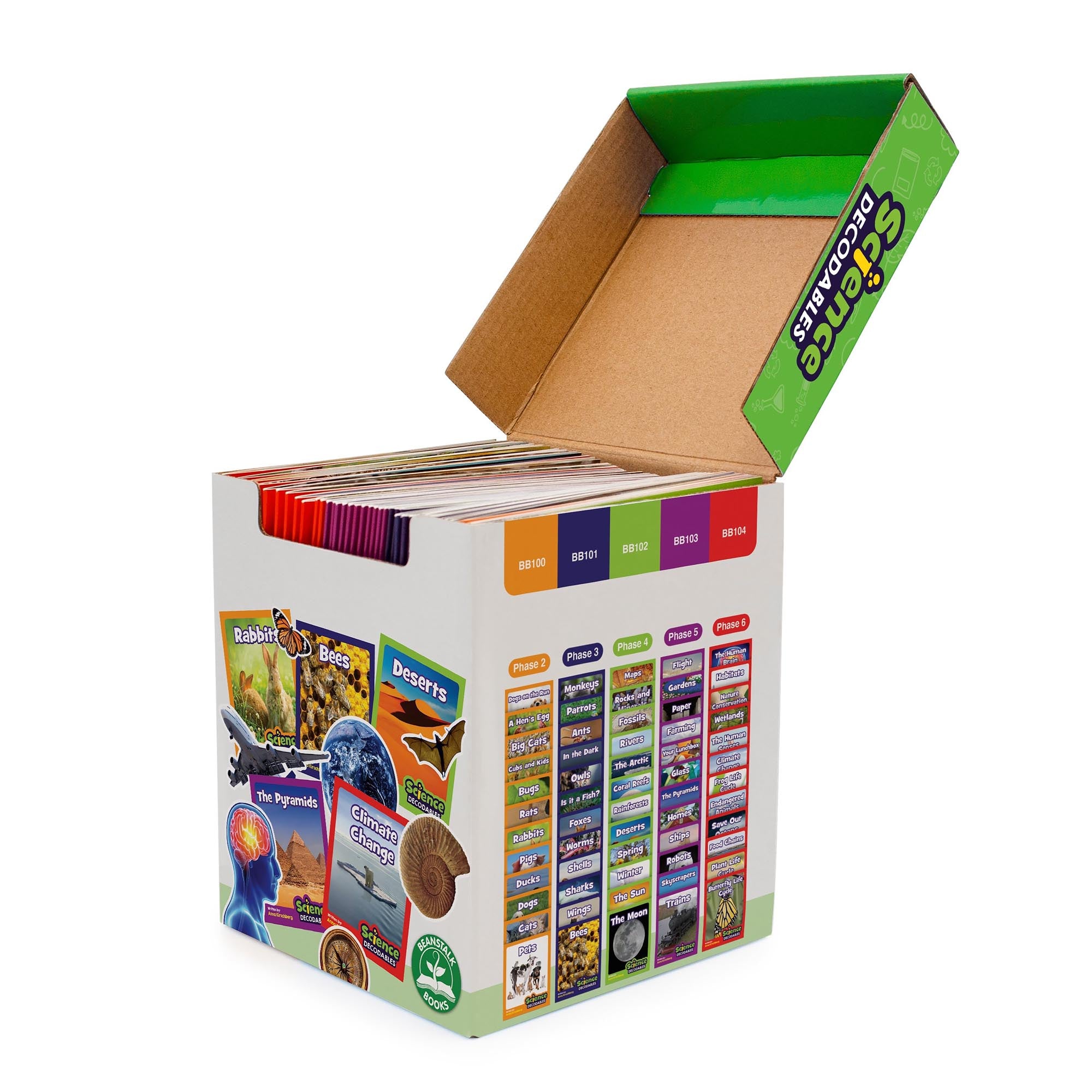
Science Decodables Non-Fiction Boxed Set
Quantity:
Science Decodables engage all learners, who may be more interested in learning facts. Every story has been written with a strictly controlled text, so that children are only exposed to those letter sounds that they have previously learnt.
Contains 60 different titles. Science curriculum topics.
| Year | 0 - 3 |
| Age | 4 - 6 |
| SKU | Product Name | Quantity |
| BB100 | Science Decodables Phase 2 Non-Fiction | 1 |
| BB101 | Science Decodables Phase 3 Non-Fiction | 1 |
| BB102 | Science Decodables Phase 4 Non-Fiction | 1 |
| BB103 | Science Decodables Phase 5 Non-Fiction | 1 |
| BB104 | Science Decodables Phase 6 Non-Fiction | 1 |
